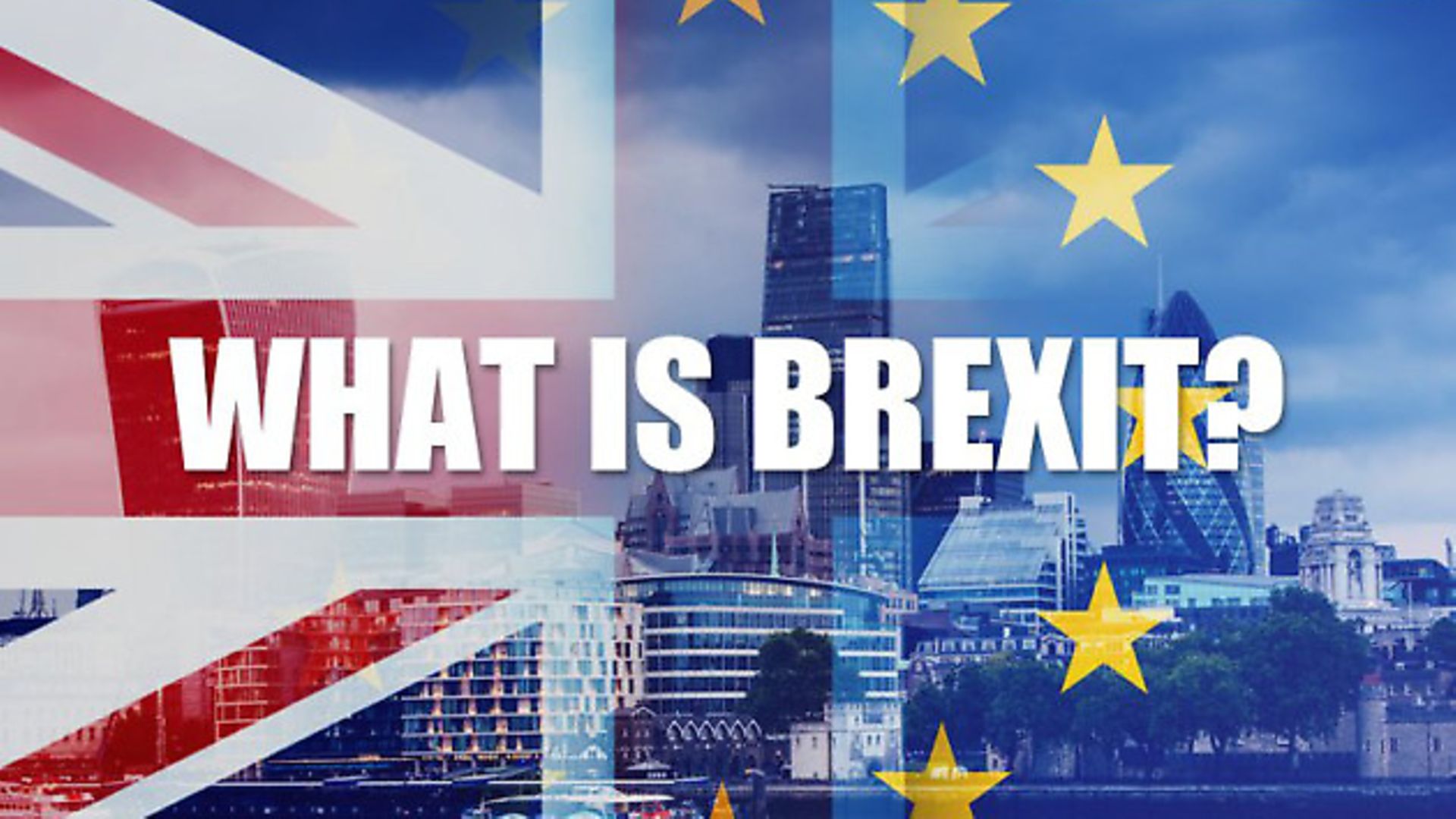
Brexit explained: Britain’s exit from the European Union has become widely know as ‘Brexit’. Find how Brexit started and why it matters.
What does Brexit mean?
Britain’s exit from the European Union has become widely know as ‘Brexit’.
The word is a portmanteau of ‘British’ and ‘exit’ and gathered popularity once then Prime Minister David Cameron announced a referendum on leaving the EU would be held in the United Kingdom on June 23, 2016.
During the Greek government debt crisis of the early 2010s, ‘Grexit’ was a term often used by commentators to explain the possibility of the country being forced out of the European monetary union. Greece remains in the EU.
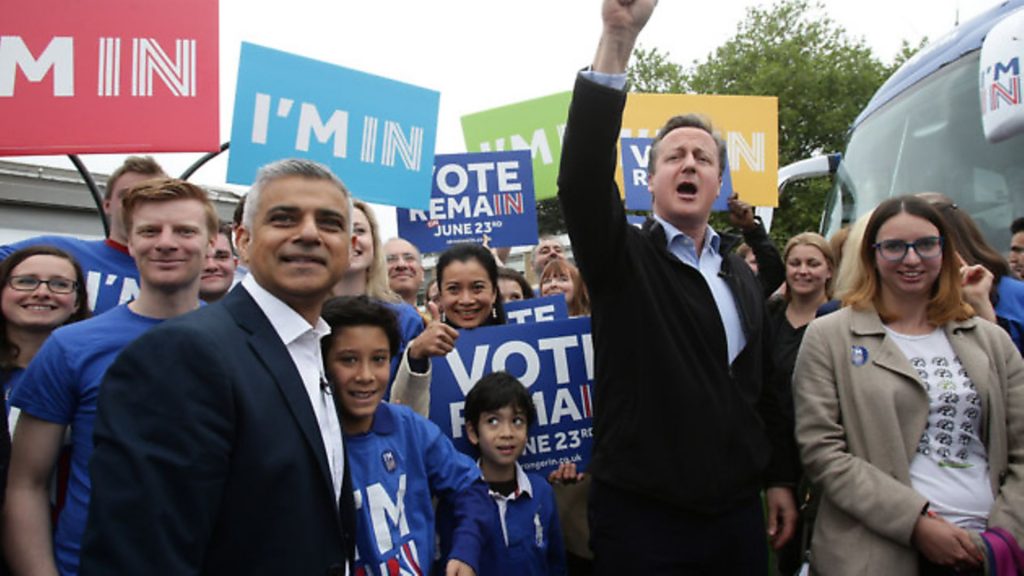
Who started Brexit?
Britain joined the European Economic Community (a predecessor of the EU) in 1973 and a referendum two years later confirmed membership with 67% voting for stronger links with the continent.
But those who did not want Britain to have such close ties with Europe remained a very vocal group. This was especially true in the ranks of the Conservatives although some in the Labour Party and the union movement also expressed doubts about the UK’s relationship with Europe at different times. In 1993 the United Kingdom Independence Party was official formed to specifically campaign for the UK’s removal from the EU.
After an attempted renegotiation between Britain and the EU Cameron called a referendum and announced he would be campaigning for the UK to remain. Buoyed by the Scottish referendum victory the Prime Minister believed he could end the issue of Europe ¬– which had long caused division among Conservatives – and strengthen his position. He feared the right wing of the party – some of who had already defected to UKIP – were a threat if the European issue was ignored. For decades leaders had struggled with eurosceptics, in 1993 then PM John Major hit out at three members of his own cabinet famously calling them ‘bastards’.
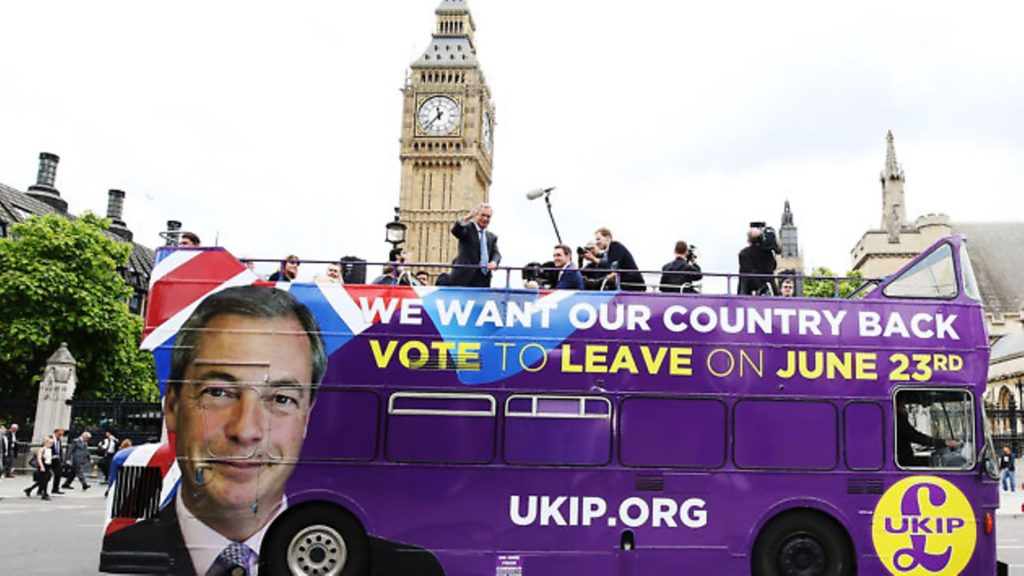
Who were prominent figures of the Leave campaign?
Cameron allowed his MPs the freedom to campaign for either side which provided the unique situation where members of the same cabinet were engaged in open political warfare. Although Chancellor George Osborne sided with the PM to campaign for the country to vote to remain then Justice Secretary Michael Gove, and darling of the party’s grassroots Boris Johnson campaigned to leave.
As well as the official Leave campaign – which included Gove and Johnson and received some public funding – another group led by UKIP leader Nigel Farage and businessman Arron Banks also held public rallies and traveled the nation advocating the UK quitting Europe.
The most controversial element of the fractious campaign was the bus used by Gove, Johnson and others which stated in huge writing on the side ‘We send the EU £350m a week … Let’s fund our NHS instead’. This claim was widely derided as untrue at the time and since the referendum result it has been rubbished. However, many commentators have highlighted this as one of the aspects that swung the vote.
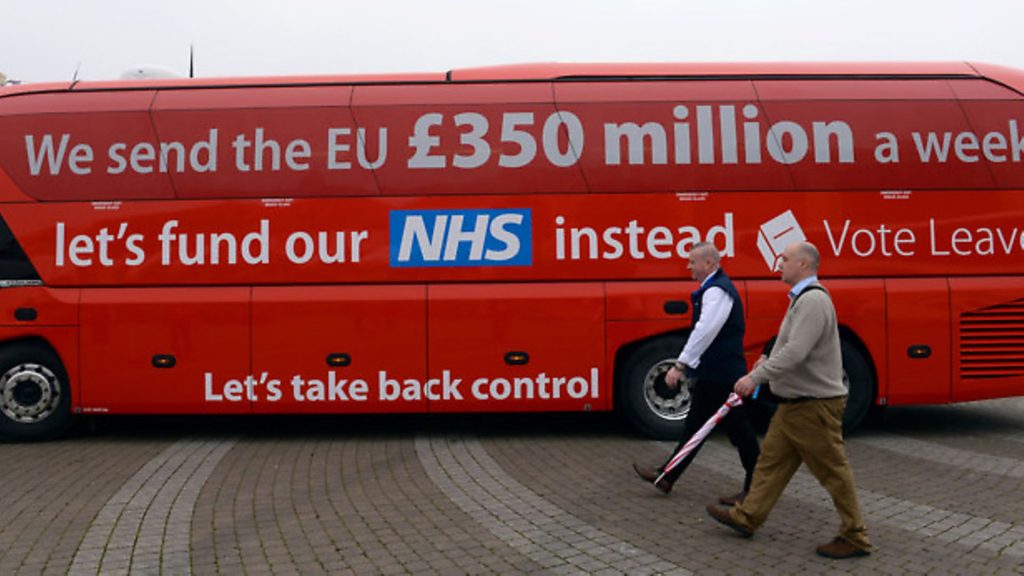
What was the result of the EU referendum vote?
On June 23, 2016, the nation went to the polls. Although almost all the opinion polls predicted a Remain victory ¬- and Farage even suggested he believed Leave had lost as the result began to be counted – it became clear in the early hours of June 24 large swathes of the country had voted for the UK to leave the EU. Scotland, Northern Ireland, London and some other larger cities were the exceptions but it was not enough to stop a narrow 52% – 47% victory for Leave.
The initial shockwaves are still being felt with a sharp decline in the stock markets – although they have since recovered – and a brutal fall in the value of the pound. The impact this has had on inflation continues to be felt by ordinary people with the cost of many everyday goods increasing. Experts believe inflation will continue to climb.
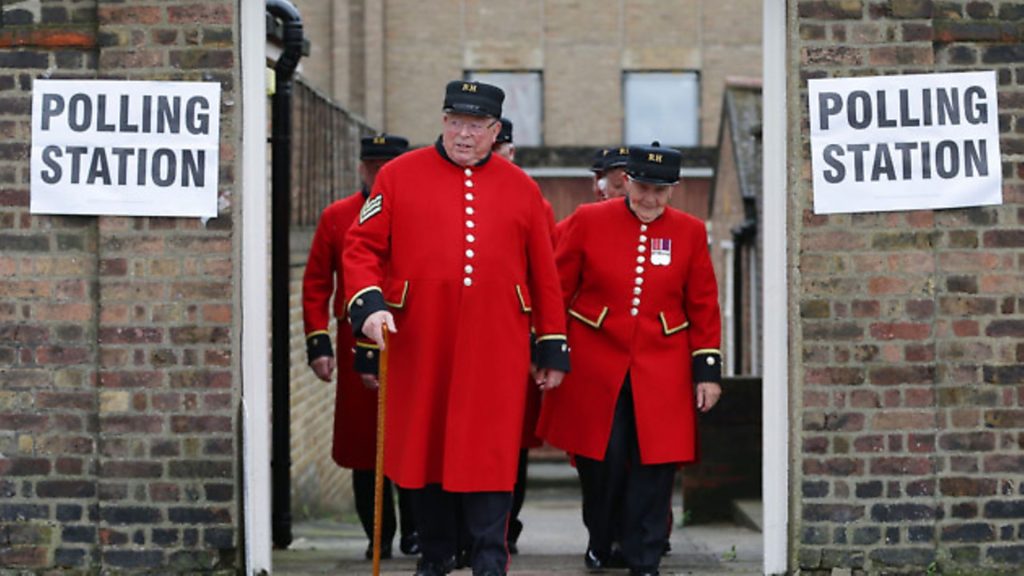
Why did David Cameron resign?
The morning after the vote Prime Minister David Cameron resigned. In a speech given in Downing Street flanked by his wife Samantha he said: ‘I was absolutely clear about my belief that Britain is stronger, safer and better off inside the EU. I made clear the referendum was about this, and this alone, not the future of any single politician, including myself.
‘But the British people made a different decision to take a different path. As such I think the country requires fresh leadership to take it in this direction.’
His resignation prompted a bizarre Tory leadership contest which saw favourite Johnson decide against running following Gove’s indication that he would stand and fellow Leave candidate Andrea Leadsom quitting her challenge after making comments to a national newspaper about how she would be a better PM because she is a mother – her rival Theresa May does not have any children.
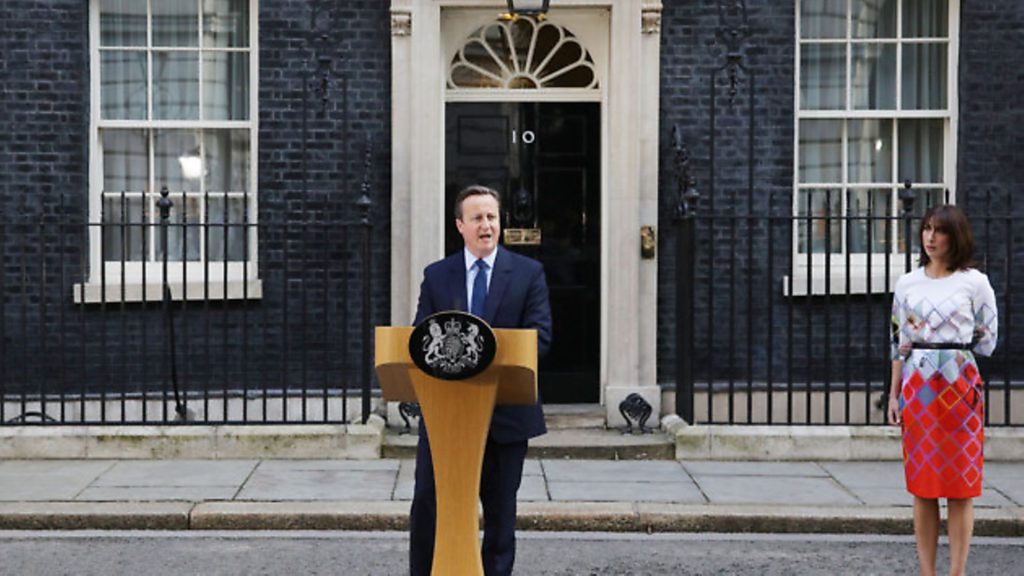
On July 13 – less than a month after the Brexit vote – May, who had campaigned for the UK to Remain, became Prime Minister.
The referendum result also caused chaos in the Labour Party when dozens of shadow cabinet members resigned in protest at what they believed was a lacklustre effort on the part of leader Jeremy Corbyn to persuade people to vote for Remain. The revolt gathered pace with 172 MPs opposing their leader in a no-confidence vote. Only 40 supported him. However massive support among the members meant he was returned as the leader at the annual conference.
When will the UK actually leave the EU?
The Government has stated it will trigger Article 50 – the formal tool to begin exiting the EU – before the end of March 2017. However there remains huge resistance to Brexit with many calling for a second referendum once negotiations have taken place.
The full withdrawal of the UK is expected to take at least two years from the moment Article 50 is triggered.
Words: Richard Porritt
_______
More like this:
_______










